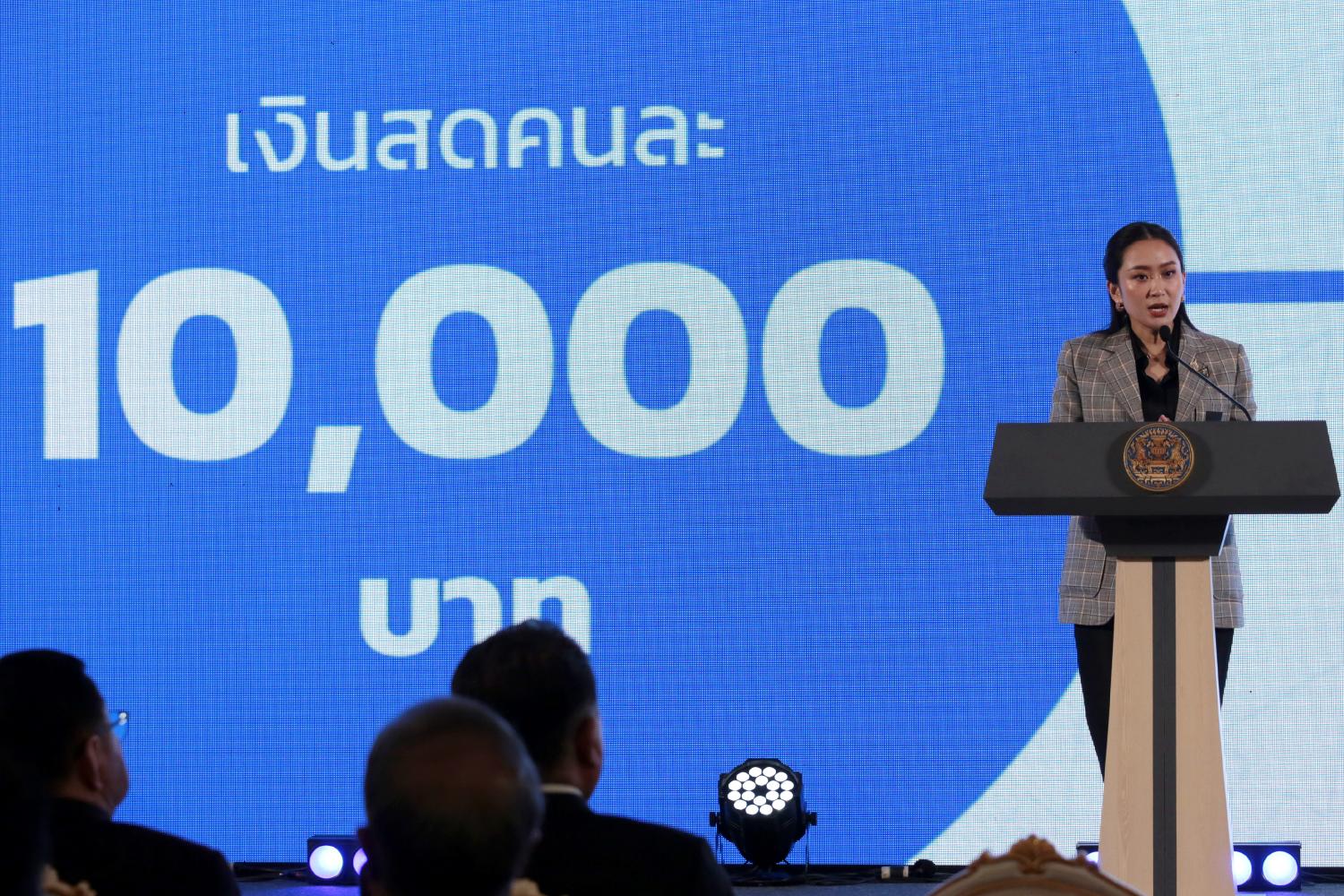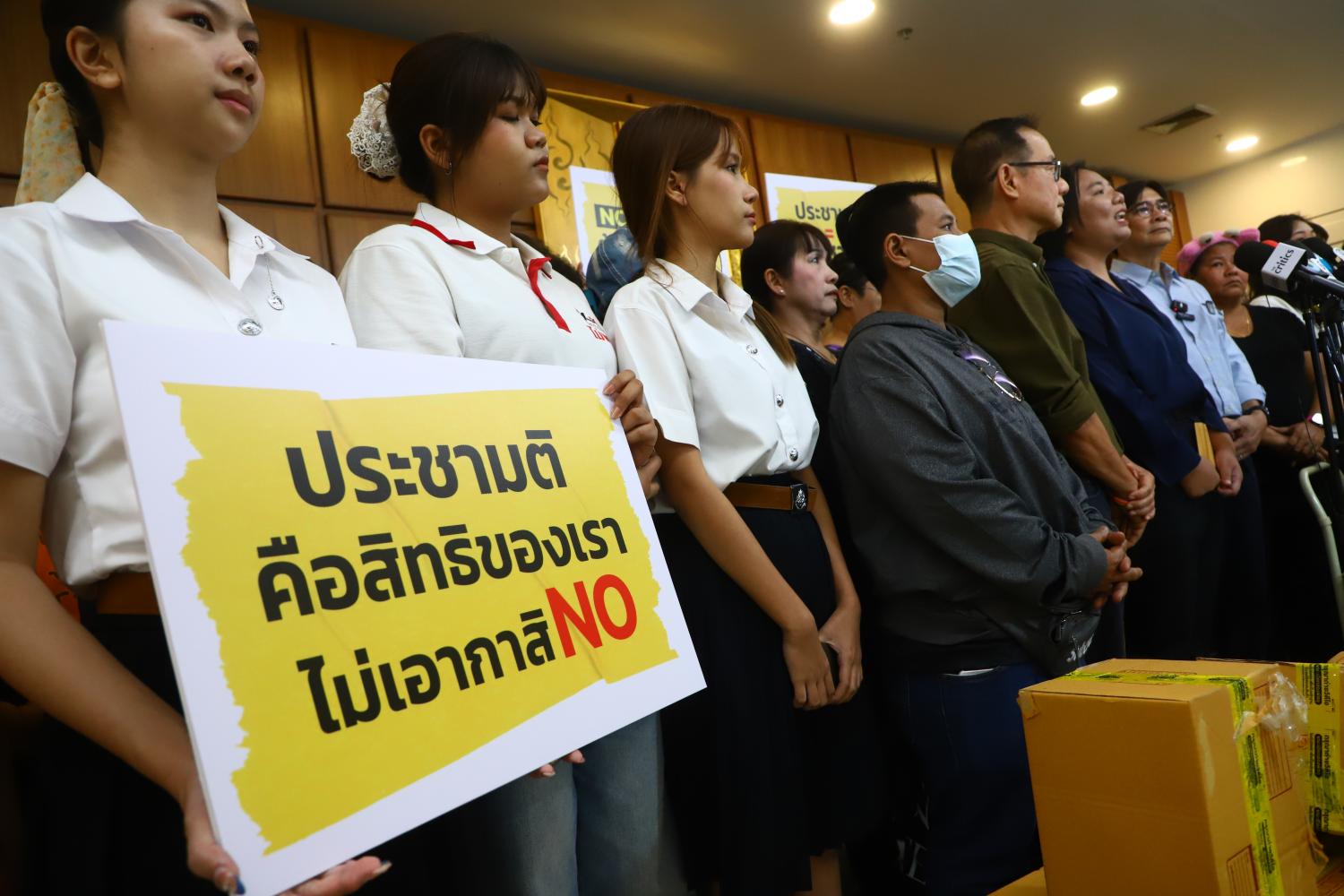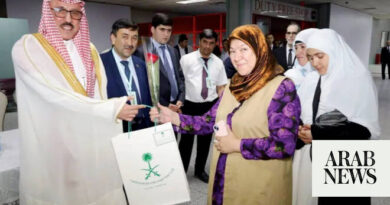In dire need of direction

Thai politics has once again reached a turning point, as the Pheu Thai Party had two prime ministers impeached by the Constitutional Court and is set to take up the role of an opposition party.
This development raises uncertainty about the future of several key policies under development. Among these are mega-projects such as the Land Bridge, the bill aimed at establishing integrated entertainment complexes with casinos, as well as the 20-baht flat fare on mass transit lines in Bangkok, which still require Senate approval.
Although the fiscal 2026 budget was passed, the business sector anticipates disruptions to several planned initiatives, potentially leading to varying degrees of impact across industries.
BIG-TICKET PROJECTS
The Finance Ministry confirmed the 157-billion-baht economic stimulus programme, which has already been approved in two phases totalling 133 billion baht, will proceed as planned.
According to Pornchai Thiraveja, director-general of the Fiscal Policy Office, both phases of the stimulus received budget allocation approval for the relevant government agencies, meaning investment can proceed.
The government set an economic stimulus budget of 157 billion baht, reallocated from remaining funds from the digital wallet cash handout programme, to stimulate an economy hindered by the trade war.
The government approved the first phase of the stimulus totalling 115 billion baht for investment in 481 projects, along with 18.4 billion for the second phase, 10 billion baht of which was allocated to the Competitiveness Enhancement Fund, with the remainder allocated to the Student Loan Fund.
However, a source from the Finance Ministry who requested anonymity said even though the cabinet approved the budget for government agencies to implement the stimulus projects, the procurement process to select contractors must be completed before Sept 30 or else the project’s budget will be cancelled.
Regarding large government projects that were initiated during the Srettha Thavisin administration but materialised during the Paetongtarn Shinawatra administration, such as the Land Bridge, the 20-baht flat fare project, the retirement lottery project, the draft Financial Hub Act, and the draft National Credit Guarantee Agency Bill, the source said it is still unclear whether they would continue under the new administration.
Caretaker Digital Economy and Society (DES) Minister Prasert Jantararuangtong said he hoped the DES Ministry’s core projects, including the state e-office scheme, would be continued by the new government.
The new administration should also support the National Artificial Intelligence Committee’s tasks to ensure the development of Thailand’s AI landscape continues, said Mr Prasert.
Moreover, the new government should push to finally enact a new postal law, amending the existing law that came into force in 1934, he said.
INVESTMENT DISRUPTION
Dhanakorn Kasetrsuwan, chairman of the Thai National Shippers’ Council, expressed concerns about pending economic policies during the transition period before the next administration takes office.
He said the private sector is concerned about the potential disruption of key initiatives including cash handouts, free domestic flight tickets for foreign visitors, and various support measures for the tourism sectors and farmers, which could have a direct impact on the economy.
Mr Dhanakorn said postponement or abrupt changes to these policies might undermine business confidence and planning, particularly in the retail and tourism sectors.
“We are also concerned about fiscal discipline if these measures do not have clear and transparent funding sources,” he said.
Large projects such as the renovation of U-tapao airport, the Land Bridge, and the entertainment complex and casino bill are strategic initiatives that could create jobs and attract investment in the long term, said Mr Dhanakorn.
However, delays and an unclear policy direction might discourage private sector investment and cause the country to miss out on new investment opportunities, he said.
Negotiations concerning the US’s reciprocal tariff policy and free trade agreements also require continuity, said Mr Dhanakorn.
He said the lack of a functional government could hinder such important negotiations, putting Thai exporters at a disadvantage compared with regional competitors who may be able to move more quickly on trade negotiations.
“Uncertainties during a political vacuum create a wait-and-see climate for both investment and consumption. If this situation persists, the economy may slow further and the country could lose the chance to attract new investments,” said Mr Dhanakorn.
SME SUPPORT IN DOUBT
The Pheu Thai-led government’s policy to help small and medium-sized enterprises (SMEs) may be adjusted during the transition period, according to industry observers.
Bhumjaithai Party leader Anutin Charnvirakul gained support from the opposition People’s Party to form a new government, provided he dissolve the House by the end of this year and hold a referendum on drafting a new constitution. Mr Anutin won a vote in parliament on Friday to become the country’s next prime minister.
“There have been no new directives from the administration during the transition. Everything remains the same and there are no changes yet,” said an Industry Ministry official who requested anonymity.
The official said the Industry Ministry is continuing to work as normal and will wait for new policies from the next industry minister.
The new government’s policy concerning SMEs will come under close scrutiny by economists and business leaders as SMEs make up the core of the Thai economy.
The majority of members of the Federation of Thai Industries (FTI) are SMEs.
Caretaker Industry Minister Akanat Promphan announced a plan late last year to ease the financial burden on SMEs and help them develop their technological know-how to better compete in the market.
Mr Akanat vowed to offer financial aid under the ministry’s SME Development Fund, offering low-interest loans worth 1.9 billion baht to enhance their competitiveness and address liquidity problems.
Economist Anusorn Thamajai said the new government does not have time to focus on improving the economic structure of the country, but he said authorities could implement short-term measures that help the nation.
The new government must work to resolve the territorial conflict with Cambodia and it should continue to help SMEs wade through the sluggish economy and the impact of US tariffs, said Mr Anusorn, who serves as economics dean and director of the Digital Economy, Investment and International Trade Research Center at the University of the Thai Chamber of Commerce.
A measure to grant low-interest loans and ease lending criteria for businesses, especially SMEs, would support the economy, he said.
Wiwat Hemmondharop, vice-chairman of the FTI, said he is worried about the impact of the government transition on Thai exporters, mostly SMEs in sectors such as furniture that are struggling to deal with the 19% US tariff.
Political uncertainty may also affect the work of the Thai Industrial Standards Institute, which has been tasked with tightening the inspection of low-cost imports from China as they flood the Thai market, said Mr Wiwat.
FREE FLIGHTS PENDING
Pinyot Pibulsonggram, vice-president of commercial and customer service at Vietjet Thailand, said it is unfortunate the plan to offer 200,000 free round-trip domestic flights to foreign tourists via six Thai carriers is likely be interrupted due to the change in government.
The “Buy International, Free Thailand Domestic Flights” programme, proposed by the Tourism Authority of Thailand in cooperation with Thai carriers, was not approved by the cabinet under caretaker Prime Minister Phumtham Wechayachai.
Mr Pinyot said the stimulus scheme was intended to provide a boost during a specific period in the low season.
Japan Airlines adopted a similar method to attract foreign tourists in that nation, receiving strong positive feedback on social media platforms, he said.
Without this scheme, Vietjet Thailand’s load factor could drop by 2-3 percentage points from projections, especially in low-season months such as September, which really matters for the airline’s thin profit margin, said Mr Pinyot.
Once a new government is formed, the airline hopes it will consider relaunching the scheme, which would distribute tourists to second-tier destinations, he said.
Regarding political instability, Mr Pinyot said it should not significantly impact tourism in the fourth quarter, which is the high season, as long as there are no large demonstrations that could hamper foreign tourist confidence.
La-iad Bungsrithong, an advisor to the Thai Hotels Association’s board, said the flight giveaway would not significantly lift tourism in Chiang Mai as the quota would be distributed among different cities.
Mrs La-iad said many tourists already booked trips to Chiang Mai for November, with forward booking reaching 50% as the city prepares to host the much-celebrated Yipeng lantern festival.
As the free flight scheme was expected to bleed over into the high season, she said it would benefit the tourism industry more if it was launched during the low season.
Mrs La-iad said the political vacuum would delay government and public organisations’ work that drives the economy, hampering domestic consumption and tourism activities as well as making Thailand lose competitiveness.
The next administration should focus on ensuring safe tourism, creating more opportunities in new markets, and enhancing public infrastructure, she said.
AVIATION CITY IN A RUT
Puttipong Prasarttong-Osoth, president of SET-listed Bangkok Airways and a shareholder of U-Tapao International Aviation Co Ltd (UTA), said the latter’s development plan to create the Eastern Aviation City in the Eastern Economic Corridor (EEC) has faced significant delays for years.
He said the EEC policy committee requested extending the notice to proceed twice, the most recent an extension from July 31, 2025.
As UTA has already spent 4 billion baht of the 290 billion baht required for project, it is committed to continue the development and is awaiting cabinet approval of some revised conditions needed to operate this project, including downsizing the capacity in Phase I to 3 million a year from 12 million, said Mr Puttipong.
He said UTA would like to waive the conditions for starting the project without the high-speed rail linking three airports, as the delayed rail project has affected the airport’s development for years.
The company is also awaiting cabinet approval for various benefits concerning 10 issues, including tax privileges for those entering the airport city area, work rights for entrants, and licences for a variety of business activities such as restaurants, the sale of alcoholic beverages, and duty-free shops, among others, said Mr Puttipong.
In principle, UTA has the right to cancel the contract and request a refund of its investment, he said.
It has been five years since the contract was signed, but the company could not start the project for various reasons, which means the government has violated the regulations, said Mr Puttipong.
However, UTA doesn’t want it to come to that, and hopes all these issues will soon be approved by the cabinet, he said.
Poj Aramwattananont, chairman of the Thai Chamber of Commerce, said the private sector is concerned about the economic slowdown.
“What is essential at this time is a clear political direction,” he said.
“We need a new cabinet as soon as possible because our country is facing numerous economic problems that need to be resolved.”
Mr Poj said technical negotiations regarding the US tariffs are ongoing, which government officials are addressing.

Representatives of the public sector urged the Pheu Thai-led government to avoid legalising casinos, submitting a petition of 53,900 signatures calling for a referendum on the draft Entertainment Complex Act. Pornprom Satrabhaya
Source – Bangkok News




